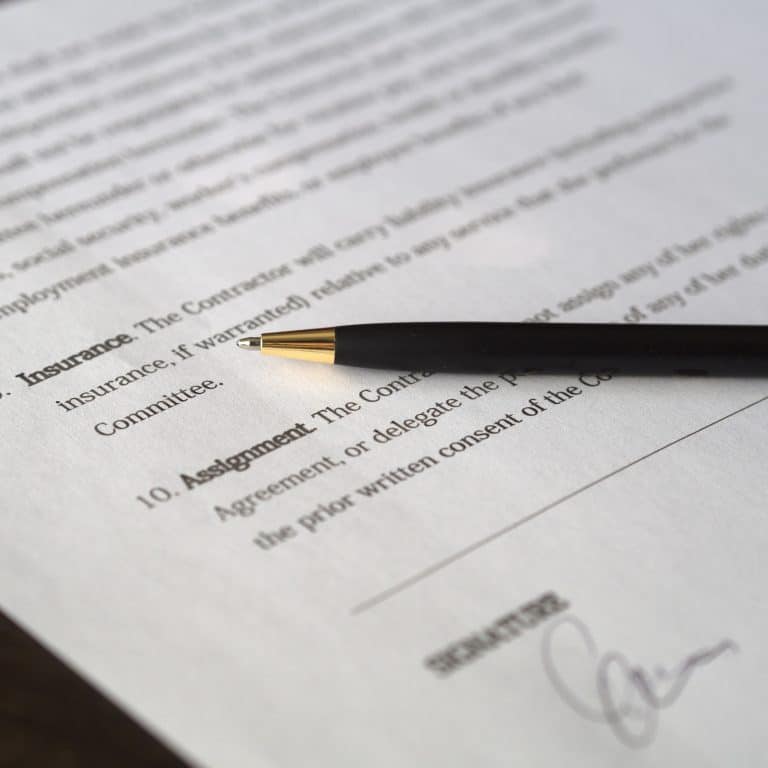Leases are complex contractual documents that allocate risk between a landlord and tenant. Often parties will negotiate the key commercial terms of the deal and sign a heads of agreement before entering into a lease.
Our job as lawyers is to ensure that these crucial documents are clear and appropriately set out the rights and obligations of both parties, mitigating the risk of future misunderstandings or litigious disputes. In our experience, disputes often arise where terms have not been clearly outlined, or the parties did not fully understand the documents they were signing.
We have put together some tips for both landlords and tenants below, to help you ensure your interests are protected and avoid common pitfalls when negotiating leases. The application of these tips will vary depending on the unique circumstances of the parties, and there are additional commercial terms that tenants and landlords should consider beyond what we have covered below. Legal advice should always be sought specific to your situation.
Tips for Landlords
- Be aware of express obligations in the lease. For example, if there is an obligation for the landlord to maintain building services then ensure a reasonable time is set out to repair such services – and seek to carve out these obligations if the services cease operating due to an act outside of the landlord’s control, such as a power failure.
- Consider including demolition or relocation clauses if it is possible that the leased premises will be demolished and/or redeveloped within the term of the lease, or if there is the possibility of needing to relocate the tenant to another space. These clauses may also be beneficial to an incoming buyer who may look to develop the site.
- If the leased premises are new, recently refurbished or part of a shopping centre, landlords may choose to include an obligation for the tenant to redecorate the premises after a set period of time during the term of the lease. This is in addition to “make good” requirements.
- Ensure that all outgoings the landlord may wish to recover, such as land tax, are agreed up-front.
Tips for Tenants
- Ensure that the lease imposes obligations on the landlord to keep the building structurally sound and in watertight condition. Building services should also be maintained by the landlord, particularly to ensure they are operating during the tenant’s proposed trading hours.
- Pay close attention to outgoings in the lease to ensure that any obligation on the tenant to pay these costs is not doubled up as a separate tenant obligation elsewhere in the lease. Also check that these outgoings reflect what has been agreed in negotiations and the heads of agreement.
- Generally, maintenance and repairs of capital items are the obligation of the landlord. Disputes often arise with repairs and maintenance of items such as air conditioning equipment and fire safety equipment, so it helps to deal with this expressly in the lease.
What you should do
If there are particular matters that are critical to you, you should ensure that these are specifically addressed in any heads of agreement document you sign. You should also ensure that any heads of agreement notes that the document is non-binding to avoid being inadvertently bound by the terms before documents are negotiated and signed.
We recommend all commercial, retail and industrial leases are drafted or reviewed by a lawyer to tailor the documents to your commercial needs and help ensure you don’t get caught out down the track. To discuss your leasing requirements as a landlord or tenant, please contact our experienced Property Team on 07 3223 6100 or email redchip@redchip.com.au for an obligation-free discussion



